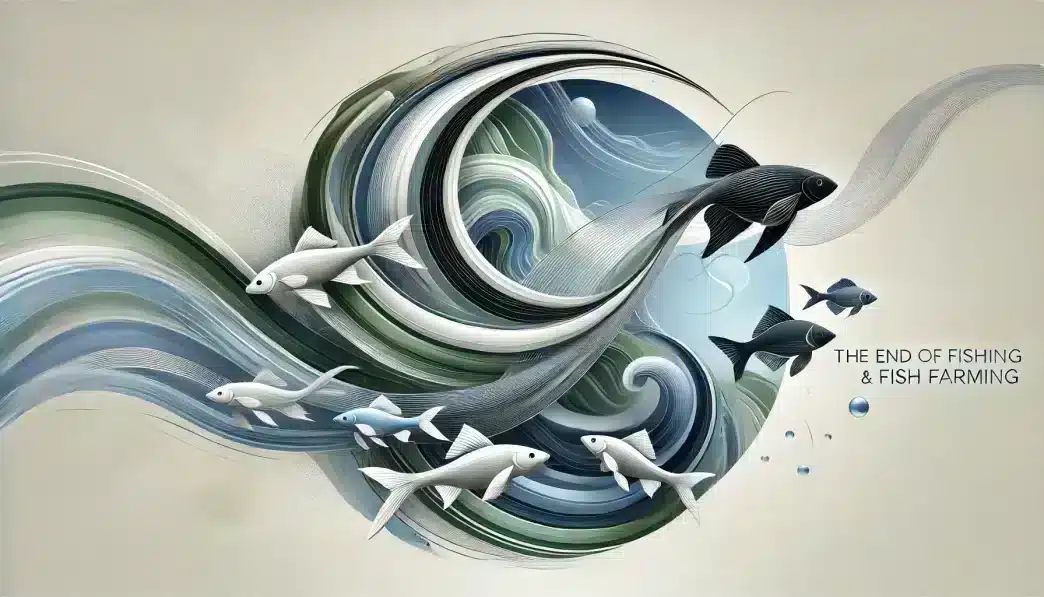What is the World Day for the End of Fishing and Fish Farming?
The World Day for the End of Fishing and Fish Farming (WoDEF) is observed annually on the last Saturday of March to raise awareness about the ethical and environmental issues associated with fishing and aquaculture. Established in 2017, this day advocates for the recognition of aquatic animals as sentient beings and calls for the abolition of practices that exploit them.
The event highlights the suffering of fish, crustaceans, and other aquatic animals caused by fishing and farming industries, while promoting alternative, compassionate ways to interact with marine ecosystems.
History and Origin
WoDEF was first initiated in 2017 by the Swiss organization Pour l’Égalité Animale (PEA). It was the first international campaign dedicated to ending the exploitation of aquatic animals. Inspired by the growing recognition of animals as sentient beings, the day aims to challenge societal norms surrounding the consumption and treatment of aquatic life.
Since its creation, the event has gained international support from environmental groups, animal rights organizations, and individuals who seek to protect aquatic species and their ecosystems.
Who Celebrates the World Day for the End of Fishing and Fish Farming?
- Animal Rights Organizations: Advocacy groups organize events and campaigns to raise awareness about the exploitation of aquatic animals.
- Environmental Activists: Individuals and organizations highlight the ecological impact of overfishing and aquaculture.
- Educators and Students: Schools and universities incorporate lessons and discussions about aquatic animal welfare.
- Plant-Based Advocates: Communities and individuals promote dietary alternatives to seafood.
- General Public: People participate in events, discussions, or personal commitments to reduce harm to aquatic life.
Slogans and Themes
WoDEF emphasizes the suffering of aquatic animals and the importance of ending their exploitation. Themes focus on ethical considerations, sustainable living, and protecting marine ecosystems. Messages such as “Protect Aquatic Life, End Exploitation” and “Compassion for All Beings” highlight the interconnectedness of human actions, animal welfare, and environmental sustainability.
The overarching theme encourages people to question their relationship with aquatic animals and seek alternatives that support ethical and ecological balance.
Colors, Symbols, and Patterns
Colors
- Blue: Represents the oceans and aquatic ecosystems.
- Red: Highlights the suffering of aquatic animals in fishing and farming industries.
- Green: Reflects the environmental focus of the day, emphasizing sustainability.
Symbols
- Fish with a Line Through It: Represents the call to end fishing practices.
- Broken Fishing Net: Symbolizes freedom for aquatic animals.
- Waves: Reflect the natural habitats of marine species and their importance.
Patterns
- Ripple Effects: Represent the far-reaching impacts of human actions on aquatic ecosystems.
- Net Patterns: Depict the entrapment faced by aquatic animals in fishing and farming.
- Circular Motifs: Emphasize the cycle of life and the need for sustainability.
How to Celebrate the World Day for the End of Fishing and Fish Farming
- Attend Educational Workshops: Join events that explore the ethical and ecological impacts of fishing and aquaculture.
- Support Advocacy Campaigns: Participate in initiatives calling for legislative changes to protect aquatic animals.
- Adopt Plant-Based Choices: Commit to reducing or eliminating seafood consumption to decrease demand for fishing and farming.
- Raise Awareness: Share facts and resources on social media using event-related hashtags.
- Donate to Conservation Efforts: Support organizations working to protect aquatic animals and marine ecosystems.
Most Used Hashtags
- #WoDEF
- #EndFishing
- #AbolishFishFarming
- #ProtectAquaticLife
- #AnimalRights
Why is the World Day for the End of Fishing and Fish Farming Important?
This day is vital for raising awareness about the often-overlooked suffering of aquatic animals in fishing and farming industries. It emphasizes their sentience and the need to protect them from exploitation. Beyond ethical concerns, WoDEF also sheds light on the environmental degradation caused by these industries, including overfishing, pollution, and habitat destruction.
By advocating for a more compassionate and sustainable approach to aquatic life, WoDEF encourages individuals and societies to make informed, ethical choices that benefit animals, ecosystems, and the planet.
Features
Contact Info
Last Saturday of March: Day for the End of Fishing and Fish Farming
Why do you keep falling for the same type?
Read the article Lovemaps: the hidden blueprint of our love.

